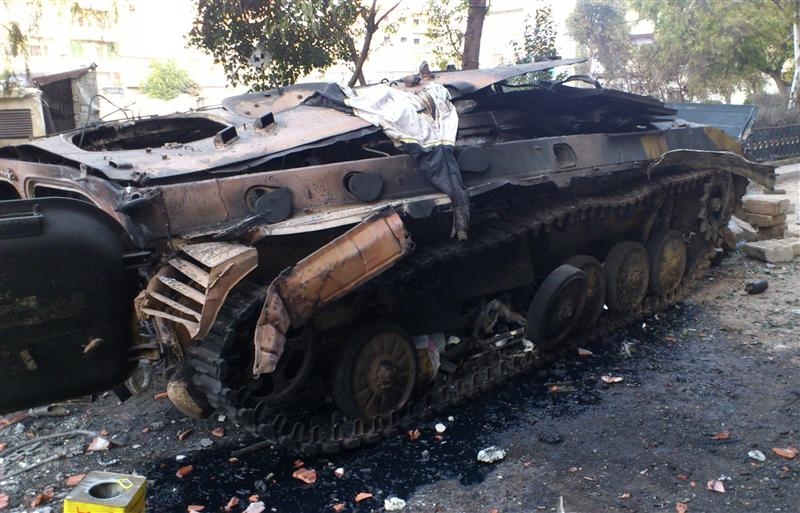
Six weeks ago, a two-man delegation arrived in secret in Damascus: civilians from Aleppo who represented elements of the Free Syrian Army, the rebel group largely composed of fighters who deserted the regime’s army in the first year of the war. They came under a guarantee of safety, and met, so I am told, a senior official on the staff of President Bashar al-Assad. And they carried with them an extraordinary initiative – that there might be talks between the government and FSA officers who “believed in a Syrian solution” to the war.
The delegation made four points: that there must be an “internal Syrian dialogue”; that private and public properties must be maintained; that there must be an end to – and condemnation of – civil, sectarian, ethnic strife; and that all must work for a democratic Syria where the supremacy of law would be dominant. There was no demand – at least at this stage – for Assad’s departure.
The reply apparently came promptly. There should indeed be “a dialogue within the Syrian homeland”; no preconditions for the dialogue; and a presidential guarantee of safety for any FSA men participating. And now, it seems, another remarkable development is under way: in seven rebel-held areas of Aleppo, most of them under the control of the FSA, civil employees can return to work in their offices, and government institutions and schools can reopen. Students who have become militiamen over the past two years will be disarmed and return to their classrooms. [Link]



